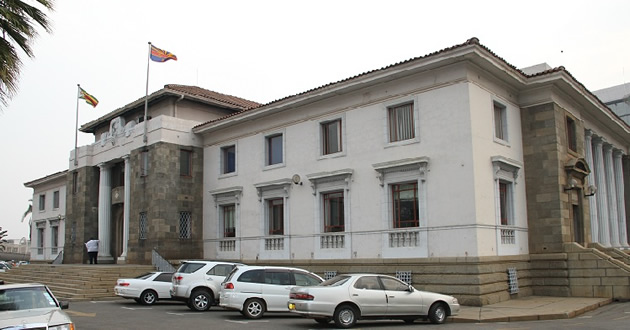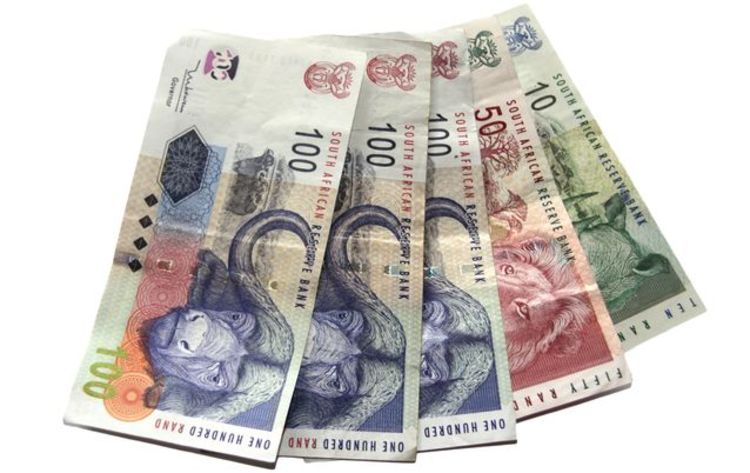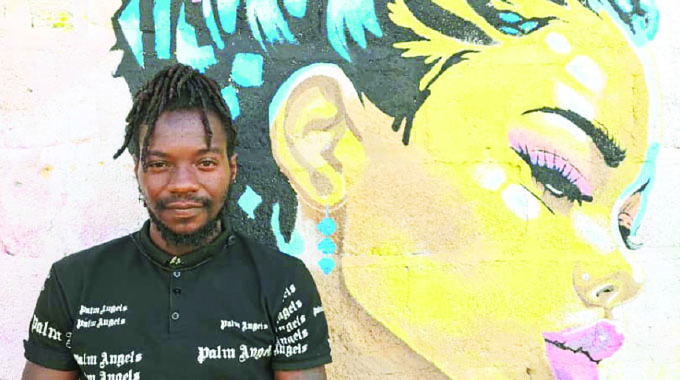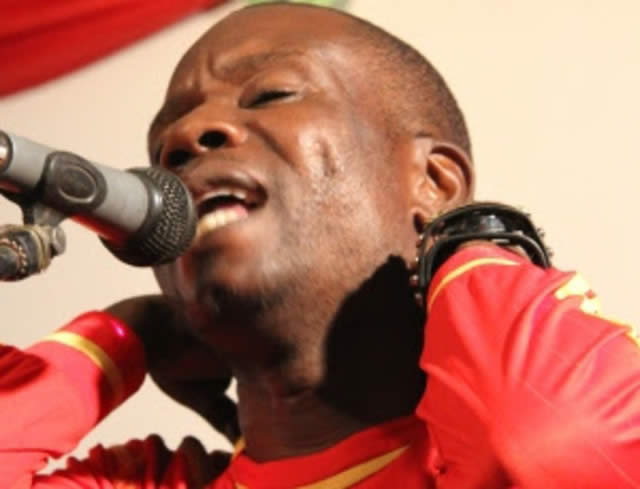Award-winning novel exposes Harare’s underbelly

Gracious Madondo Review Correspondent
“The Hairdresser of Harare” is a recommended literature text for study at most universities in Zimbabwe.
Despite being published six years ago, the text remains pertinent today because of the manner in which it tackles varied critical survival matters.
The short fiction novel has gained international recognition and has to date been translated into Germany, French, Italian and Spanish.
In 2013 the Scotland based writer received Hawthornden Fellowship and the Scatar Fellowship as prizes for his marvellous piece of art.
His later publication “The Maestro, The Magistrate and The Mathematician” (2014) also received similar international acceptance and recognition and was short-listed for the 2014 Crain Prize.
In “The Hairdresser of Harare” Huchu tells the story of a troubled society through main characters like Vimbai and Dumisani Ncube.
Vimbai is a single mother from an impoverished family, supporting herself and her daughter as a hairdresser at a well-known hair saloon in Harare owned by Mrs Khumalo.
Dumisani is also hairdresser in the same saloon coming from a rich, powerful and influential family which he is at conflict with because he is a homosexual. Theirs later becomes a story of friendship, love, deceit and betrayal and in the broader sense telling the story of survival in a society characterised by political, socio-economic and religious conflicts.
Vimbai is the Queen Bee at Mrs Khumalo’s salon and she has secured this position and gained quite a reputation because of her skill, her glory quickly vanishes when Dumisani arrives into the saloon and takes the spotlight. Most of the characters in the novel are on a quest to be “the hairdresser of Harare” and Huchu uses this profession as a representation of many other self-made professions that are a common feature in the job industry of Zimbabwe today due to the scarcity of jobs in the country.
Such competition and conflict at work places is now as common with hairdressers who go to great lengths to get and keep clients by spreading gossip and scandalous stories against rival saloons.
“The Hairdresser of Harare” celebrates the Zimbabwean heritage, culture and generally the pride in being African.
The conflict between African tradition and Christianity is depicted through ignorant self-proclaimed man of the cloth, who wedge attacks on the African tradition with dubious proclaims.
The character of Pastor Mavumba of Forward in Faith Ministries in the novel embodies this thought as he bans the use of the Shona language in church as well as the use of African drums and rattles, “ngoma ne hosho” associating the instruments with evil spirits.
The faithful follower, Vimbai, explains why, Pastor Mavumba preaches against using traditional African instruments.
She says before the missionaries came, “our people engaged in devil worship, so the instruments they used were the devil’s instruments. We sang in English and he preached in English” (pg 88).







Comments